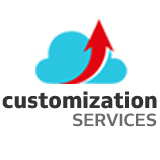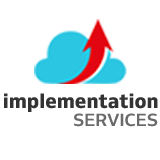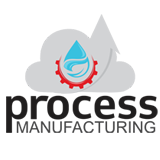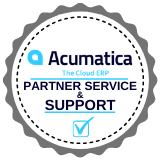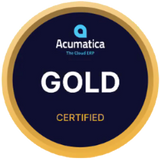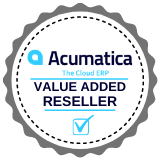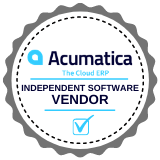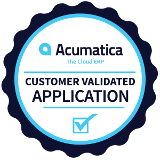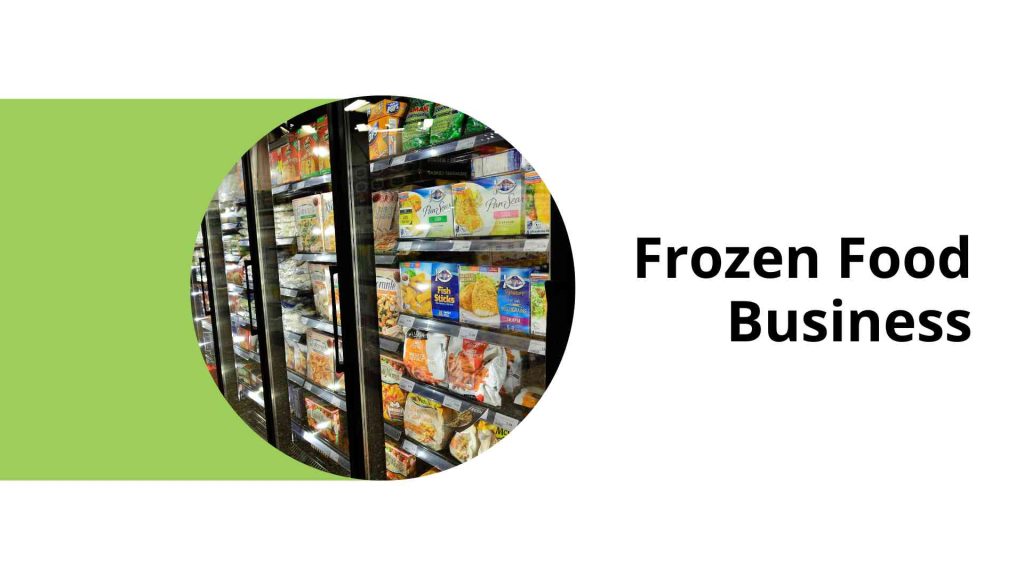The frozen food industry has experienced significant development, with consumers increasingly turning to frozen options for convenience and quality. Suppose you are considering entering this industry or seeking a reliable partner for frozen food production. In that case, it’s crucial to understand the key features to look for in a frozen food manufacturing facility. These features ensure the production of high-quality frozen products and a successful business partnership. We’ll explore the essential factors when evaluating a frozen food manufacturing facility.
State-of-the-Art Freezing Technology
The heart of any frozen food manufacturing facility is its freezing technology. Look for a facility that utilizes modern freezing methods such as blast freezing or IQF (Individual Quick Freezing). These technologies rapidly freeze food products, preserving their texture, flavor, and nutritional value. Maintaining a consistently low temperature throughout freezing is vital for producing top-quality frozen foods.
Quality Control and Testing
Quality control is paramount in the frozen food industry. Ensure that the manufacturing facility has a robust quality control system in place. This should include regular testing of incoming ingredients, in-process inspections, and comprehensive product testing. The facility should also adhere to strict food regulations to ensure the products’ safety.
Efficient Packaging Solutions
Effective packaging is crucial to maintaining the quality and longevity of frozen foods. Look for a facility that offers a variety of packaging options suitable for your specific products. Packaging should be functional and visually appealing, as it attracts consumers to your frozen products.
Versatility and Customization
A good frozen food manufacturing facility should be versatile and capable of creating a broad range of frozen products. Whether you’re interested in frozen vegetables, prepared meals, or desserts, the facility should have the equipment and expertise to meet your needs. Customization options are essential, allowing you to create unique products tailored to your brand’s requirements.
Cold Storage and Distribution Capabilities
Cold storage and distribution are integral parts of the frozen food supply chain. Ensure the facility has adequate cold storage capacity to maintain your products at the required temperature. Additionally, a reliable distribution network is essential to ensure your frozen goods reach their destination in optimal condition.
Sustainability and Environmental Responsibility
Consumers are increasingly concerned about sustainability. Look for a manufacturing facility that demonstrates a commitment to eco-friendly practices. This may include efficient energy usage, waste reduction strategies, and sustainable sourcing of ingredients.
Compliance with Industry Standards
Check if the facility complies with industry-specific certifications and standards, such as HACCP, GMP, and relevant food safety certifications. These certifications demonstrate the facility’s commitment to producing safe, high-quality frozen food products.
Choosing the right frozen food manufacturing facility is a crucial decision that can immensely impact the success of your business. By considering these key features, you can ensure that the facility you select is equipped to produce top-quality frozen products that meet consumer demands for taste, convenience, and safety.
Conduct thorough research and persistence to find a partner that aligns with your brand’s values and product requirements, ultimately leading to a successful venture in the frozen food industry.
How Can Acumatica Help?
Acumatica cloud ERP can significantly enhance food businesses by providing a comprehensive, integrated solution that streamlines operations, improves efficiency, and ensures compliance. With modules for inventory management, production planning, quality control, and supply chain management, Acumatica helps businesses optimize their processes, reduce waste, and manage costs effectively.
Its real-time visibility into financials and inventory enables better decision-making, while the flexibility of cloud-based deployment allows for scalability and accessibility from anywhere. Acumatica’s robust reporting and analytics capabilities empower food businesses to track performance, adapt to changing market demands, and stay competitive in an increasingly complex industry, ultimately leading to increased profitability and customer satisfaction. Contact us for a customized ERP.

Sangeetha brings 20 years of experience in Information Technology which includes Solution architecting, building micro services, research, and evaluation of business applications, integrating apps.




